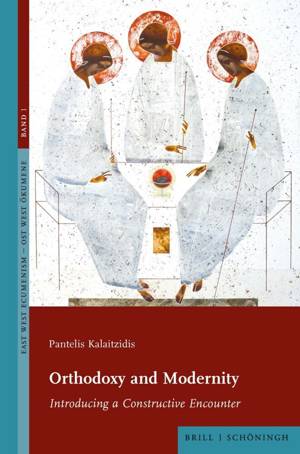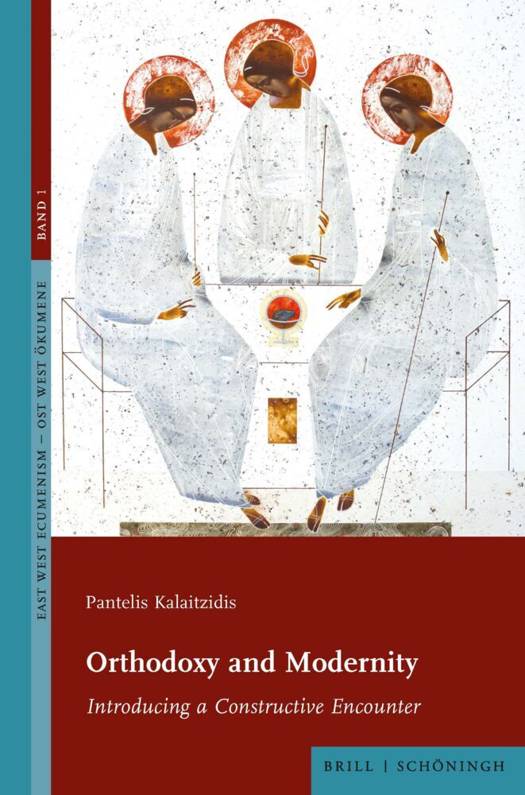
- Afhalen na 1 uur in een winkel met voorraad
- Gratis thuislevering in België vanaf € 30
- Ruim aanbod met 7 miljoen producten
- Afhalen na 1 uur in een winkel met voorraad
- Gratis thuislevering in België vanaf € 30
- Ruim aanbod met 7 miljoen producten
€ 121,95
+ 243 punten
Omschrijving
Did Orthodoxy come to a halt before modernity? Does Orthodox Christian theology function only in traditional contexts borrowing schemes and forms of rural society, to which the liturgical and theological symbolisms, the rhetoric models of preaching, the structures of church administration and its views on the relation between religion, politics, and secular society are closely linked?
Has Orthodoxy accepted the consequences of modernity or the Orthodox still feel a nostalgia for pre-modern forms of organization and structures of a glorified past, following in this way fundamentalism? Did even the movement called Return to the Fathers, as it was understood, and in spite of its initially renewal character, functioned unwittingly as a barrier, against modernity and its challenges?
Modernity and post-modernity constitute, however, the broader historical, social and cultural context within which the Church is called to accomplish its mission and to ceaselessly incarnate the Christian truth.
Has Orthodoxy accepted the consequences of modernity or the Orthodox still feel a nostalgia for pre-modern forms of organization and structures of a glorified past, following in this way fundamentalism? Did even the movement called Return to the Fathers, as it was understood, and in spite of its initially renewal character, functioned unwittingly as a barrier, against modernity and its challenges?
Modernity and post-modernity constitute, however, the broader historical, social and cultural context within which the Church is called to accomplish its mission and to ceaselessly incarnate the Christian truth.
Specificaties
Betrokkenen
- Auteur(s):
- Uitgeverij:
Inhoud
- Aantal bladzijden:
- 200
- Taal:
- Engels
- Reeks:
- Reeksnummer:
- nr. 1
Eigenschappen
- Productcode (EAN):
- 9783506795342
- Verschijningsdatum:
- 19/01/2026
- Uitvoering:
- Hardcover
- Afmetingen:
- 155 mm x 235 mm

Alleen bij Standaard Boekhandel
+ 243 punten op je klantenkaart van Standaard Boekhandel
Beoordelingen
We publiceren alleen reviews die voldoen aan de voorwaarden voor reviews. Bekijk onze voorwaarden voor reviews.









